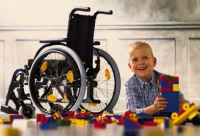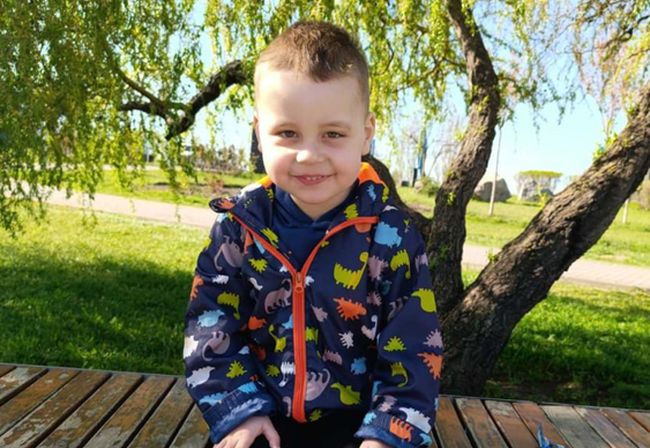Every fourth leaver of children's homes in Russia becomes a criminal in the future, Alexander Chekalin, the first Deputy Minister of Internal Affairs, stated.
According to him, employment of such children, their enrollment into military schools and patronage of universities over boarding schools must help to solve this problem and reduce the rate. However, children inspectors find that these measures are not enough. In their opinion, orphans need to live in families. The situation is made worse by housing problems of orphanage leavers, who are let out by the state into nowhere. Having neither a flat, nor elementary ability of living in the society, they merely have to violate the law. As "The Novye Izvestia" writes with reference to experts, the formal statistics is underreported, and measures suggested by authorities are insufficient to solve the problem.
'I think not a quarter but more than a half of leavers from children's homes become criminals,' Sapar Kulyarov, the president of charity fund "Children's Home", stated, 'Certainly, employment and providing accommodation influence on what way a teenager will choose. Patronage of universities may help someone. However, such measures will not help to solve the problem. The roots of crimes lay in the very system of boarding schools, where children do not get enough attention and are actually neglected. They learn, first of all, to defend themselves from others and survive. It is possible to reduce the crime rate only by providing families for the children.'



